What to Expect When Buying a Home
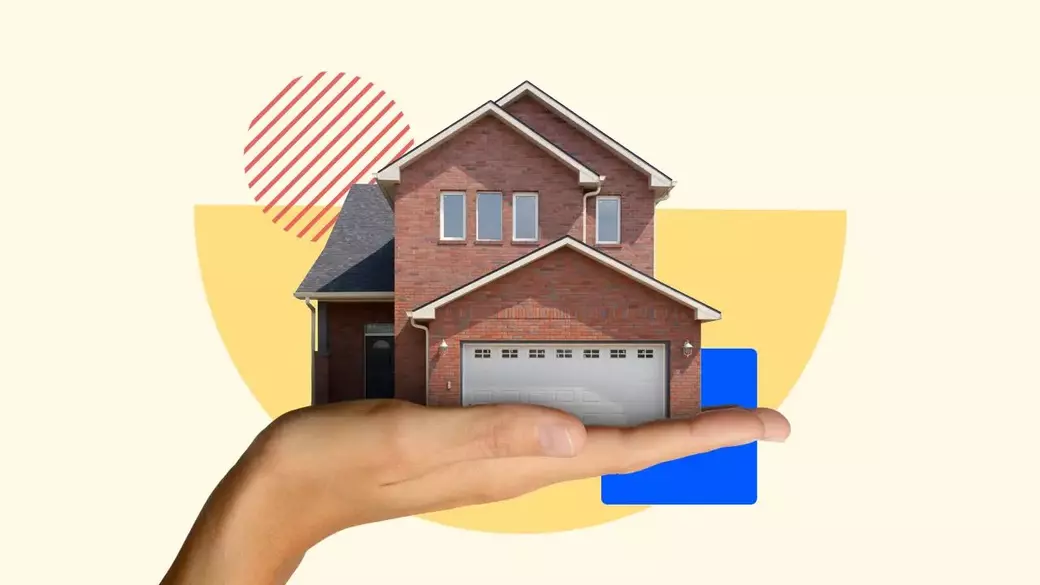
Buying a home is one of the most significant financial decisions you'll ever make, and it comes with its own set of expectations, challenges, and rewards. Whether you're a first-time buyer or looking to upgrade, understanding what lies ahead can make the process smoother and less stressful. Here’s what you need to know.
**Understanding Your Needs and Budget**
The first step in buying a home is to clearly define your needs and budget. This includes deciding on the type of property you want, such as a single-family home, condo, or townhouse, as well as the number of bedrooms and bathrooms. Location is another critical factor—proximity to work, schools, shopping centers, and public transportation can significantly impact your daily life.
Once you have a clear picture of what you're looking for, it's crucial to establish a realistic budget. This involves more than just looking at the listing price; you need to factor in closing costs, property taxes, homeowners insurance, and potential maintenance costs. Getting pre-approved for a mortgage will give you a better idea of what you can afford and show sellers that you're a serious buyer.
**Navigating the Market**
The real estate market can be highly competitive, especially in desirable areas. Staying updated with real estate news is essential for understanding market trends. For instance, interest rates fluctuate based on economic conditions and can affect your purchasing power. Additionally, knowing whether you're in a buyer's or seller's market can influence your negotiation strategy.
In a seller's market where demand exceeds supply, homes sell quickly and often above asking price. In contrast, a buyer's market offers more room for negotiation as there are more properties available than buyers. Keeping an eye on local real estate news will help you time your purchase better.
**Finding the Right Real Estate Agent**
A knowledgeable real estate agent can be an invaluable asset during your home-buying journey. They not only have access to multiple listing services (MLS) but also understand local market conditions and can offer insights that you might not find online. A good agent will guide you through each step of the process—from viewing homes to making an offer and negotiating terms.
When choosing an agent, look for someone with experience in the area where you want to buy. Check reviews and ask for references to ensure they have a track record of successful transactions.
**Making an Offer**
Once you've found your dream home, it's time to make an offer. Your agent will help you determine a fair price based on comparable properties in the area (often referred to as "comps"). In competitive markets, you may need to act quickly and make offers above asking price to stand out.
Your offer should include contingencies that protect you as a buyer—common ones include financing contingencies (your offer depends on securing a mortgage), inspection contingencies (the home must pass an inspection), and appraisal contingencies (the home's value must meet or exceed the sale price).
**Closing the Deal**
After your offer is accepted, you'll enter the closing phase which typically lasts 30-45 days. During this period, you'll complete several steps including home inspections, appraisals, securing financing, and finalizing paperwork. It's crucial to stay organized and responsive during this phase to ensure everything goes smoothly.
On closing day, you'll sign all necessary documents and pay any remaining fees. Once completed, you'll receive the keys to your new home!
**Final Thoughts**
Buying a home is both exciting and daunting but being well-prepared can make all the difference. By understanding your needs and budget, staying informed about real estate news, working with a skilled agent, making strategic offers, and efficiently navigating the closing process—you'll be well on your way to owning your dream home.
Happy house hunting!
Recent Posts



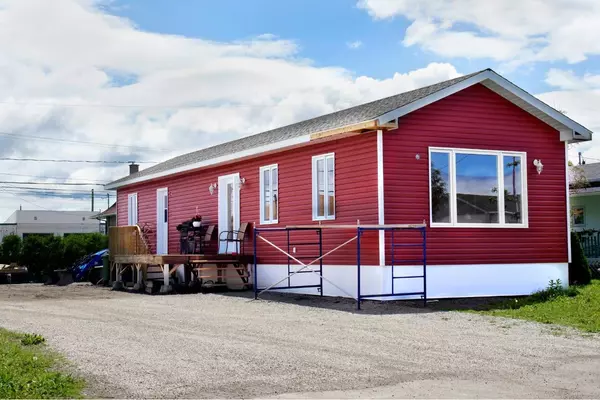
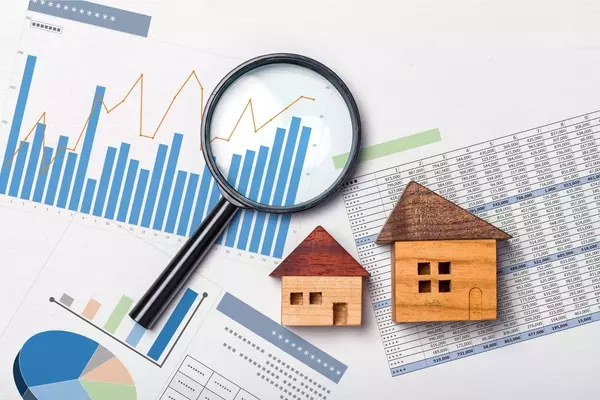
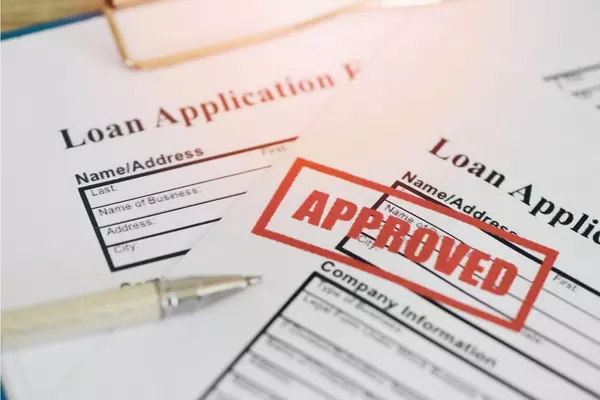



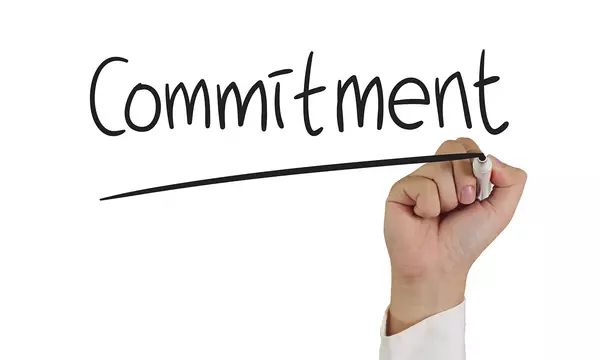
GET MORE INFORMATION
